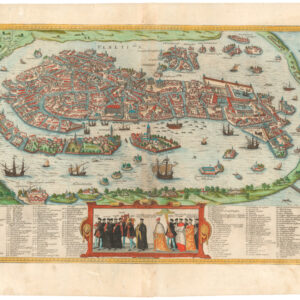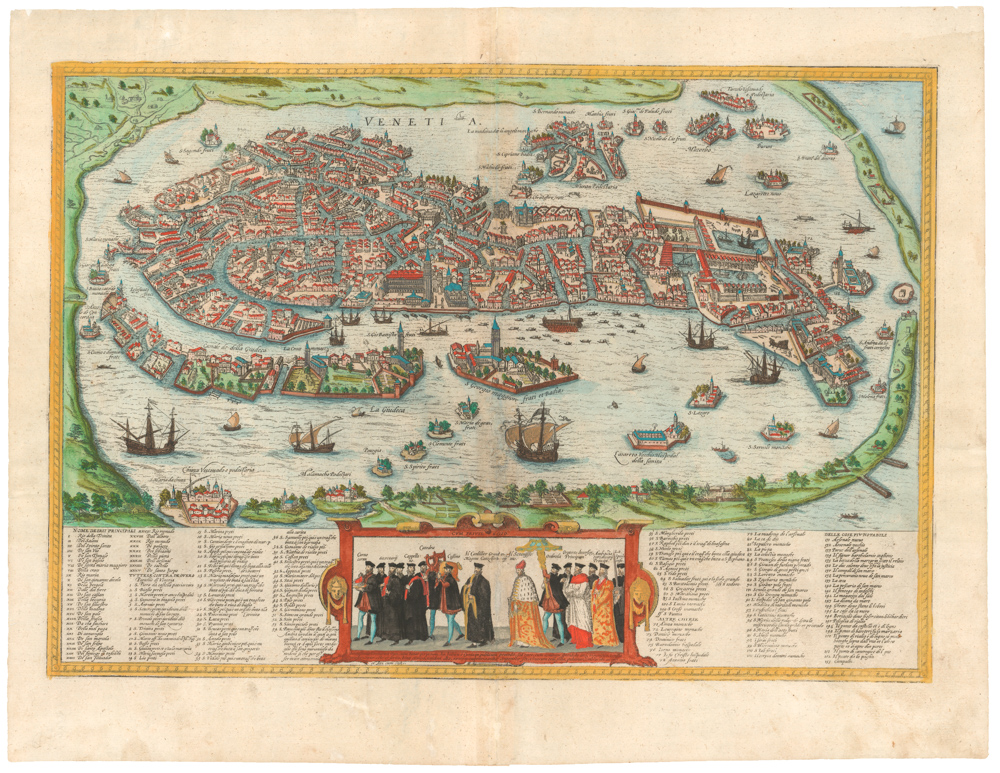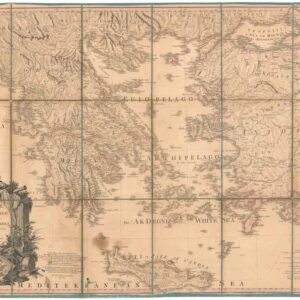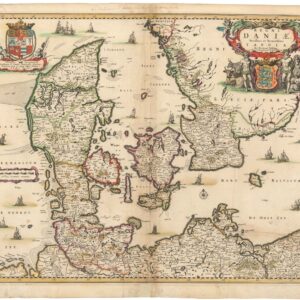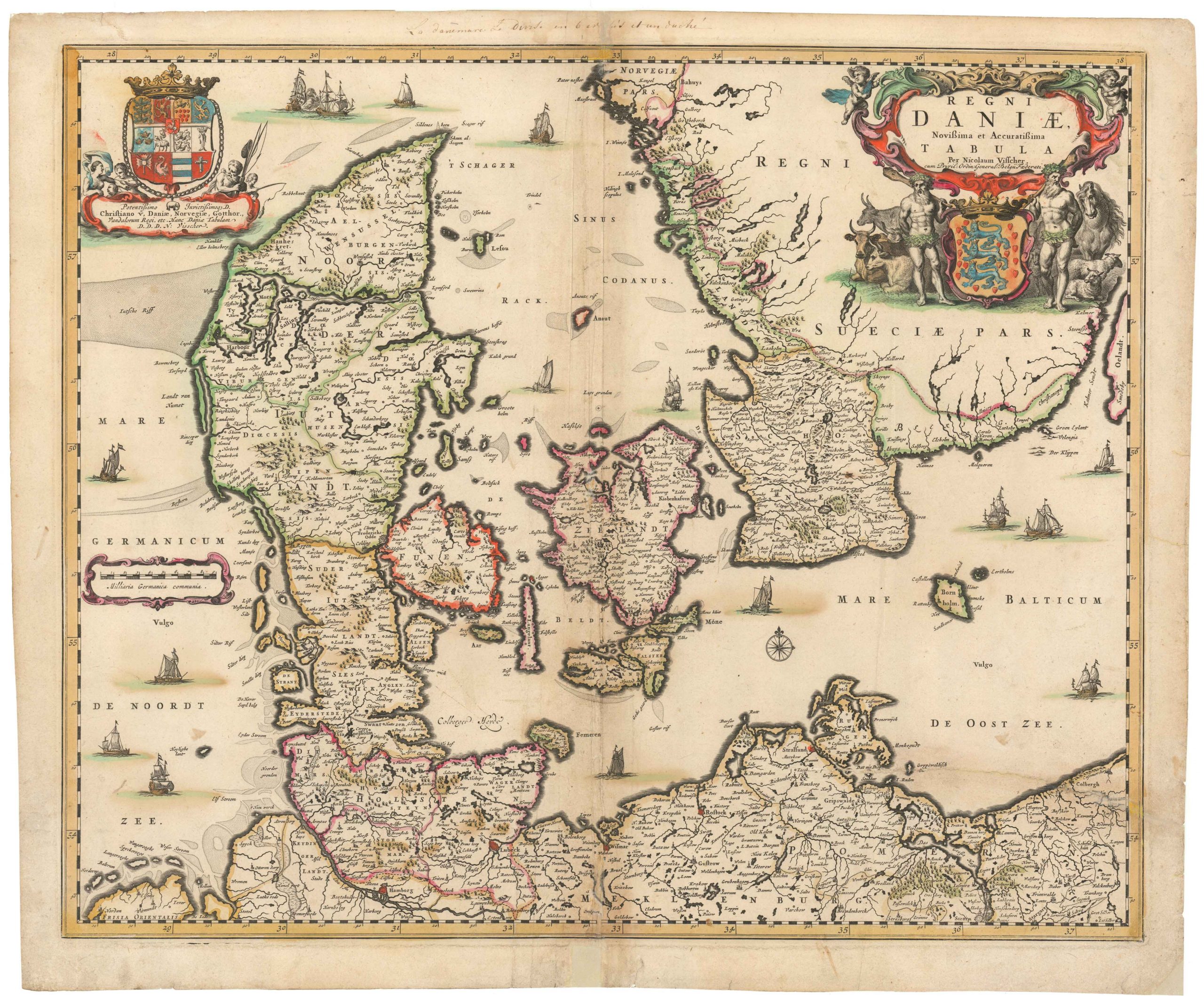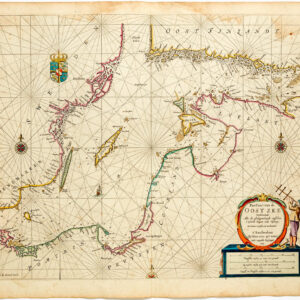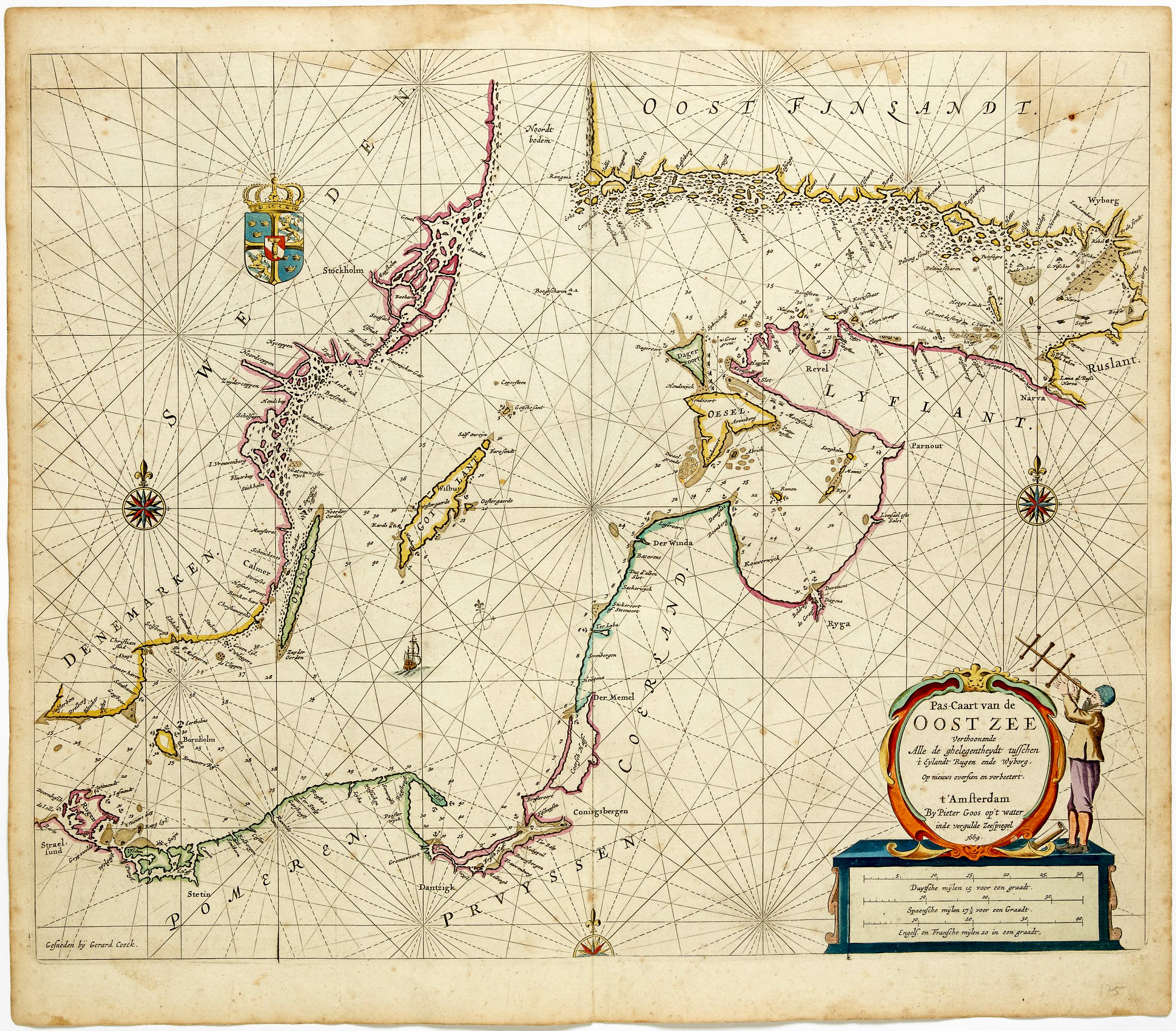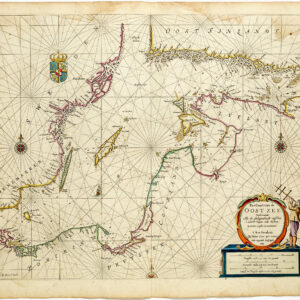A highly decorative and historically interesting map of Spain from the height of the Franco era.
BANCO DE BILBAO [Map of Spain]
Out of stock
Description
This attractive map of the Iberian Peninsula was published in 1950 by the Bank of Bilbao (today BBVA). The map is a relatively standardized national chart depicting Fascist Spain during the oppressive reign of General Franco. In addition to the Spanish mainland, the map also includes Spanish territories in Northern Morocco, which only achieved independence from Spain in 1956, as well as a complete depiction of Salazar’s Portugal. In the Mediterranean, we find the Balearic Islands depicted in their correct place, and in the lower left corner of the map is an inset of the Canary Islands, as further to the south.
This map was the crown jewel in a series of maps produced for the Banco de Bilbao by the large San Sebastian-based printing company, Industrias Gráficas Valverde. The series also included regional maps of Spain’s autonomous provinces (comunidad autónoma), including a popular map of Andalucia.
In national and regional examples, the maps depict a range of standardized features such as main roads (including distances), railroads, and rivers; towns and cities organized by size; and the territorial limits of each autonomous region. Being a promotional map for the Banco do Bilbao, the map also shows the location of branch offices throughout the country. The national map indicates this by circumscribing the respective place names with a red box or line. Similar red boxes appeared on the regional maps to show the same thing; these even had distances from branch offices to the main offices in the major cities.
The map maintains a tight aesthetic but is not without artistic elaborations. In both the Mediterranean and Atlantic waters surrounding the Spanish mainland, we find a plethora of vignettes depicting Spain’s most important landmarks and monuments. These have been subdivided into their respective provinces, as indicated by small banners. Subjects include:
- Some of Spain’s great cathedrals like La Sagrada Familia and Santiago de Compostella.
- Historical structures like Arab castles, Roman ruins, and the Alhambra.
- New facilities that hint at the modernization of post-war Spain under Franco’s rule.
- The country’s most striking natural features, such as the volcanic slopes of Tenerife and the great gorge of Ronda.
The map even has a small fleet of Spanish caravels sailing west from the great colonial port of Cadiz, celebrating Spain’s role in exploring and subjugating the New World.
In the bottom right corner of the map, we find the large title banner, which is depicted as a colored scroll but does not actually provide the title or subject of the map. Instead, it promotes the commissioning entity: Banco de Bilbao, founded in 1857. A sub-line stresses that the bank offers ‘an extensive network of branches in Spain, Northern Morocco, London, and Paris‘ and that they retain ‘foreign service correspondents in all countries.
In sum, a delightfully decorative and historically anchored map that explicitly includes many of the most beloved places in Spain, but at the same time was produced at the height of Spanish Fascism.
On a historical note, we recall how the Basque city of Bilbao initially put up severe resistance against Franco’s fascists, leading to a failed coup-de-etat in July of 1936. Franco’s armies entered the city with considerable strength the following year, and Bilbao was forcibly reintegrated into the Republic. Due to their descent, the Basque region was stripped of its autonomy, and all of its democratic councils and institutions were disbanded. The Basque language lost its status as being on par with Spanish, and more than 75% of the city’s population were either dismissed or suspended from their jobs, leading to immense poverty.
Cartographer(s):
Condition Description
Excellent.
References
